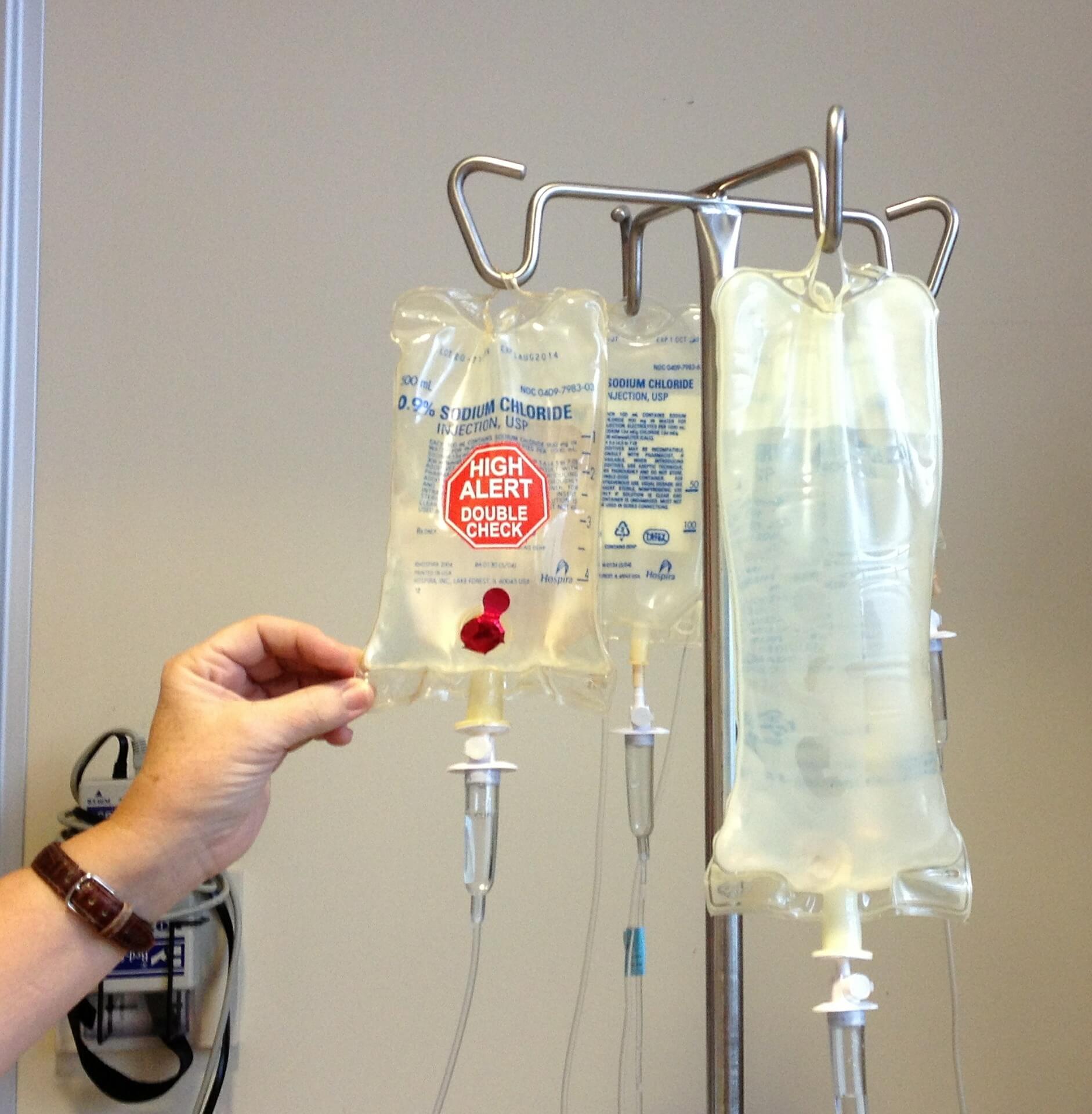
Setbacks and Advances in Renal Cell Carcinoma Treatment
Renal cell carcinoma (RCC) is a kidney cancer that originates in the lining of the proximal convoluted tubule, a part of the very small tubes in the kidney that transport primary urine. Renal Cell Carcinoma is the most common type of kidney cancer in adults, responsible for approximately 90–95% of cases. Most cases of RCC are asymptomatic until late in the course of the disease. In some situations, the disease presents as an occult malignancy that may be detected on routine ultrasound, CT, or MRI. Symptoms are attributable to a local mass and include hematuria, flank mass, and abdominal pain. These three symptoms constitute the classic triad which is only found in 5-10% of cases of RCC. Gross or microscopic hematuria is the most frequent feature. Eleven percent of men present with scrotal varicoceles when the left kidney is involved. Other symptoms include weight loss and hypertension.
RCC is traditionally radioresistant cancer. Radiotherapy is not a widely accepted modality for treating RCC. Possible indications for adjuvant radiotherapy include positive surgical margins, perinephric fat or adrenal gland invasion, positive regional lymph nodes and unresectable kidney. Retrospective studies show a benefit of adjuvant radiotherapy over nephrectomy alone in these circumstances. A study in Sweden utilized stereotactic body radiotherapy (SBRT) with good local control of 98% of tumors treated. Analysis of the biologically effective doses in the tumors treated, informed that it is impracticable to achieve an adequate tumoricidal dose with conventional radiotherapy.
The United States Food and Drug Administration (US-FDA) has approved seven targeted therapeutic agents for the treatment of advanced RCC. They are now the favored agents for first-line systemic therapy in metastatic RCC. This is due to their better toxicity profile. The seven FDA-approved drugs are bevacizumab (a monoclonal antibody against vascular endothelial growth factor receptor [VEGFR]), temsirolimus, and everolimus (mTOR inhibitors), and sunitinib, sorafenib, axitinib, and pazopanib (receptor tyrosine kinase inhibitors). Temsirolimus demonstrates better responses in patients with nonclear cell RCC
Immunotherapy, metastatic lesions of RCC s have been observed to regress after a nephrectomy. An extensive literature review found this occurred in 0.8% of cases. , An immunologic basis for this regression has led in part to the development of immunotherapeutic agents. The SWOG and EORTC recommend cytoreductive nephrectomy in addition to immunotherapy. Clear cell RCCs respond more favorably to immunotherapy than other histological variants.
RCC is a disease in which management continues to evolve and can greatly benefit from recent developments in both diagnostic and therapeutic modalities. There is a need for improvement in the ability of doctors involved in the management of RCC to diagnose the disease early as the outcome of treatment of early tumors is much better than late and advanced tumors. Patients diagnosed with RCC should be made to benefit from the converging expertise available for its management; from diagnostic radiology to radiation oncology, renal pathology, nephrology, and urology.

















